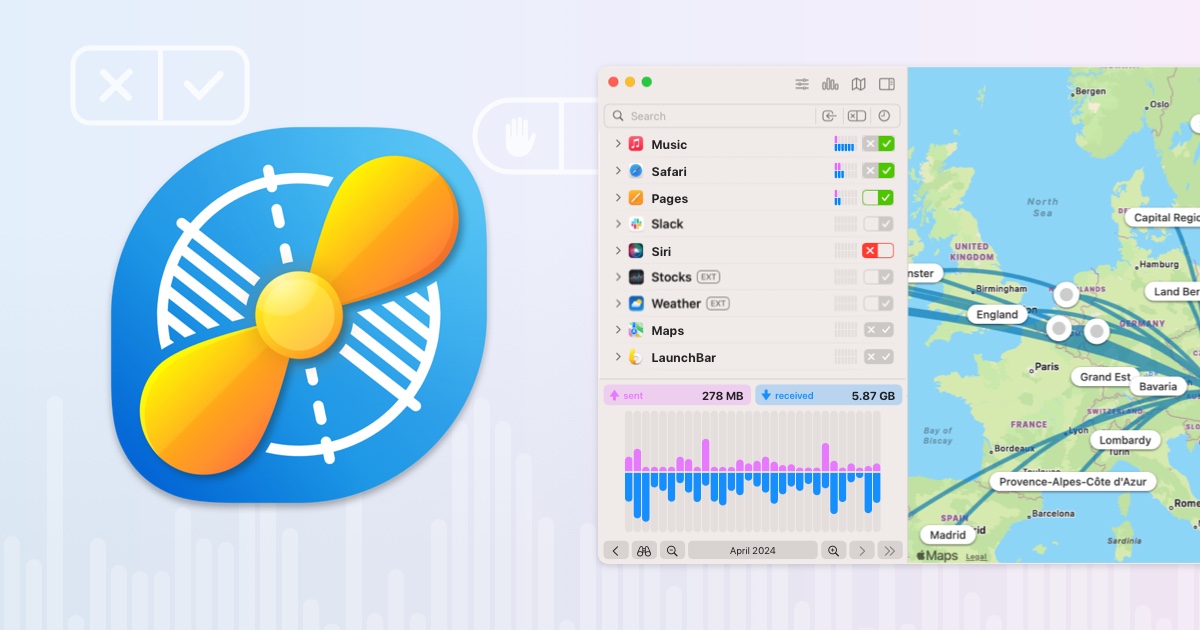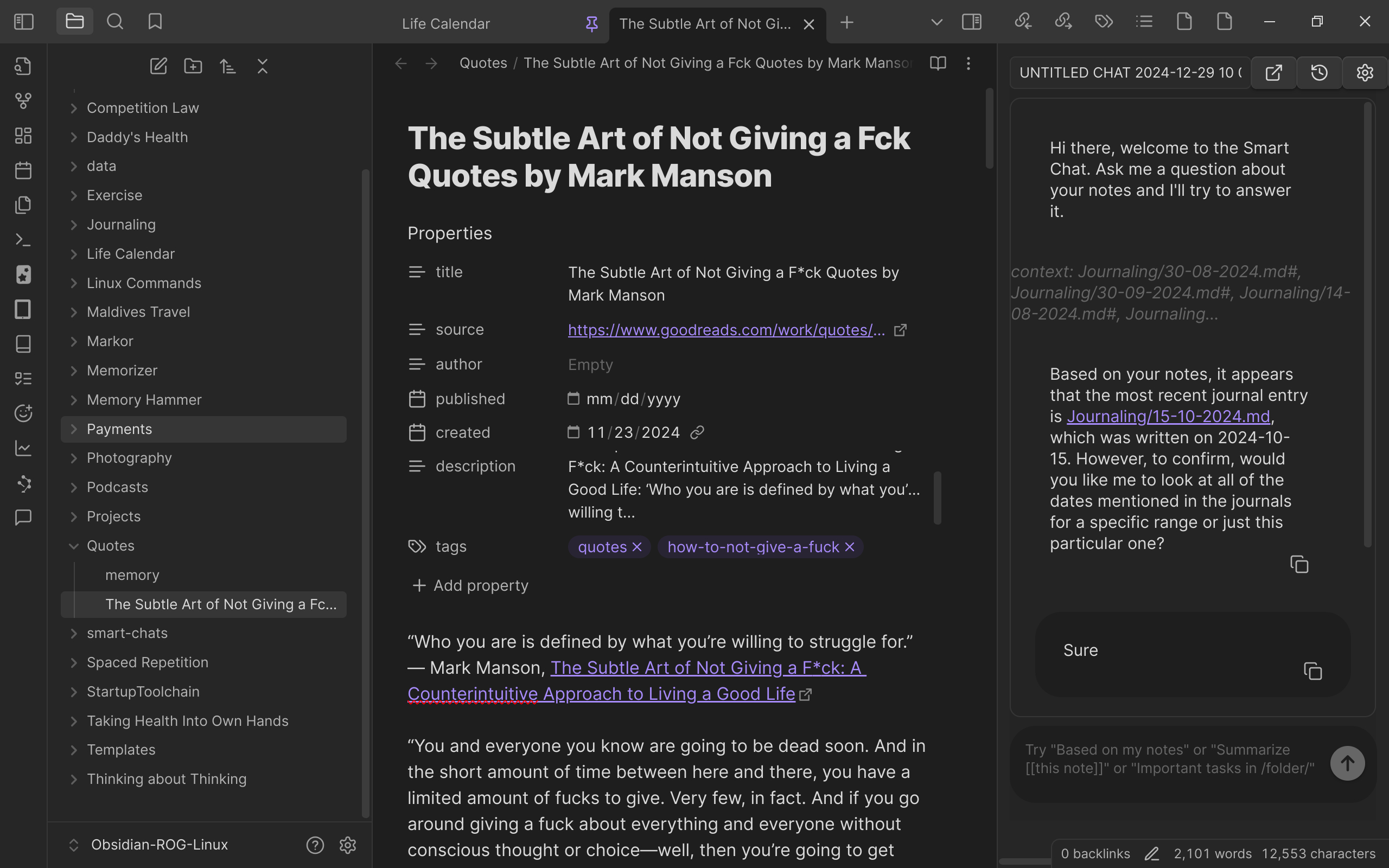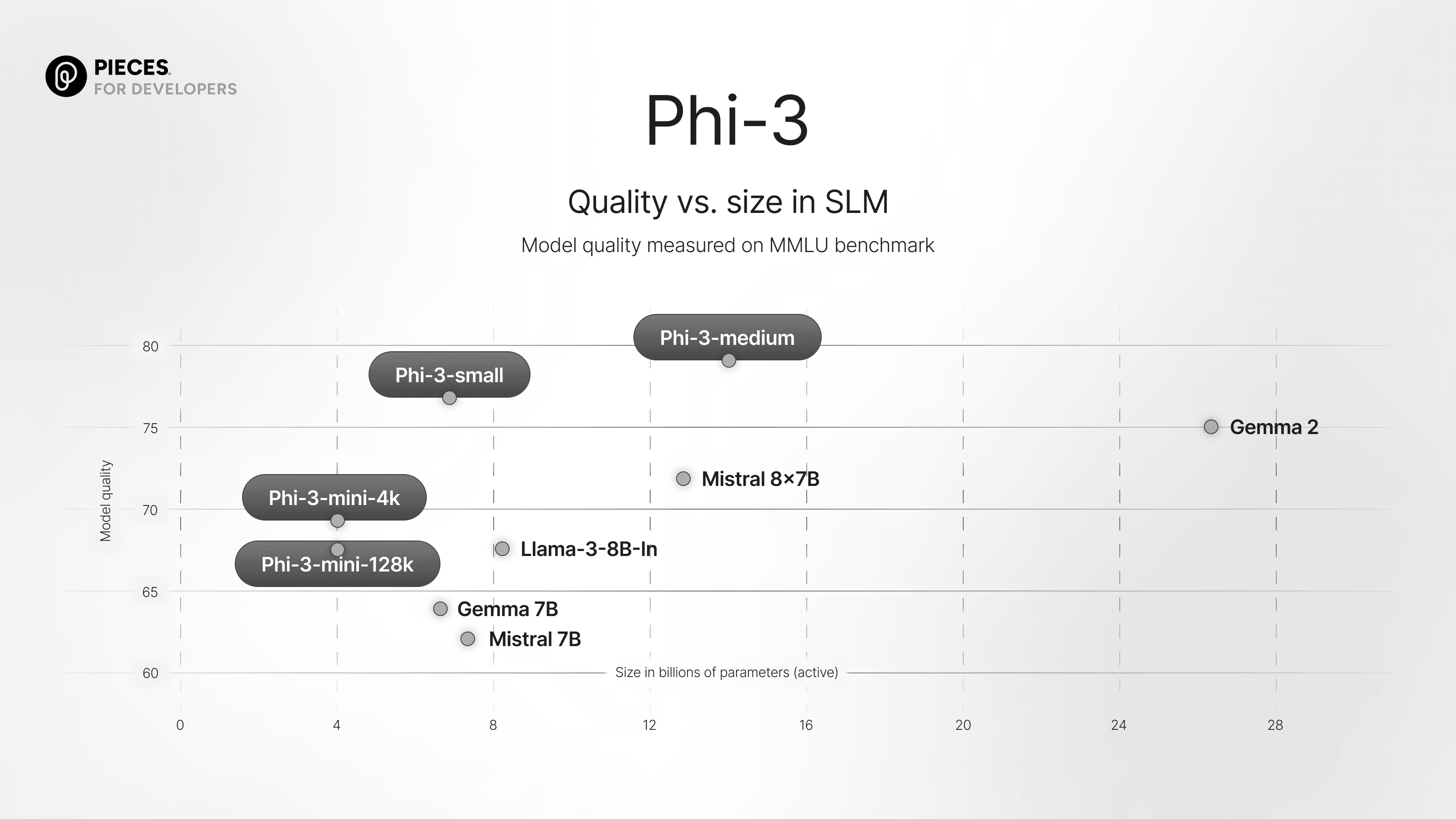Overloading Lambda Abstraction in Haskell: An Elegant Approach to EDSL Design

This article presents a novel method for overloading lambda abstraction in Haskell to build embedded domain-specific languages (EDSLs). By cleverly using a `Port` type and `encode`/`decode` functions, the author elegantly translates Haskell functions into morphisms within a custom category. This results in a concise and intuitive syntax, avoiding the complexities of Arrow abstractions and the proc notation. The approach requires minimal Haskell code and no metaprogramming or compiler plugins. A flow diagram DSL example demonstrates the method's application, along with discussions on preventing duplication and handling side effects.








